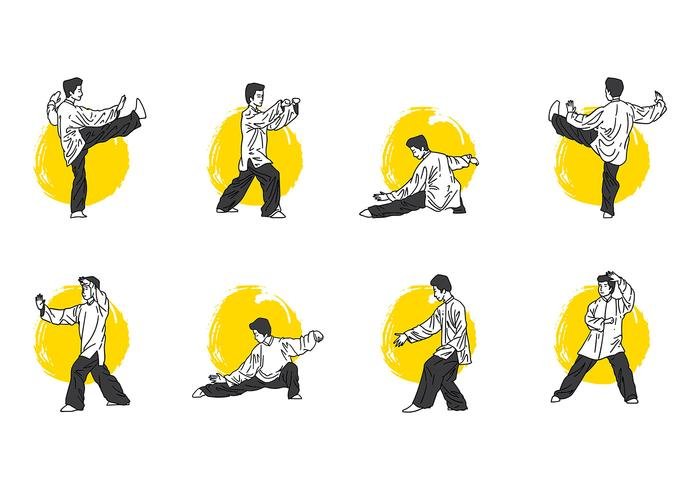The Five Arts of Chinese Metaphysics
The Five Arts (五术) are integral to Chinese metaphysics. They offer a diverse range of practices to understand and influence the natural and cosmic realms.
These arts are divided into five main categories (山,医,命,卜,相), each specializing in different aspects of life and the universe:
Destiny (命): This art delves into understanding an individual's life trajectory and potential outcomes through their birth data. Systems like Bazi (八字) and Purple Star Astrology (紫微斗数) are employed to chart a person's life course, helping to make informed decisions and optimize life paths.
In Destiny Reading, most masters who are practising either Bazi or Purple Star Astrology will have similar readings. This is because the system is more or less the same, with each master having their own preference shaped by their experience on which portion is more accurate. The Day Master (日主) and the season you are born in (月令) is often the most important parts of the bazi chart.
When do you go for a Destiny Reading?
When you are feeling lost in life, unsure of what the future holds
When you are facing challenges in everything you do
When people around around you tell you that you have changed
When you face relationship issues with the people around you
When you want to know if your career choice is suitable
Can I find out how to be rich? (Well.. Maybe..?)
Divination (卜): This practice focuses on predicting future events and providing guidance. Systems such as the I Ching (易经), Qi Men Dun Jia (奇门遁甲), Liuren Shenshu (六壬神数) or Taiyi Shenshu (太乙神数) have been used historically not only for personal advice but also in strategic decision-making contexts like military planning.
In Divination, it is the most accurate method to help you make a decision. The challenge in divination is defining the problem statement, which all of us know when we arrive at the right question, it is half the battle won.
When do you go for Divination?
When you need to make a decision but unsure of which to pursue
When you want to have clarity in your actions
Will it work for me if I want to invest in the stock market? (Well, if you are at the stage that you are considering divination to help you earn money…)
Physiognomy (相): This involves the study of physical forms, from facial features to environmental layouts, to predict effects on one's destiny. It encompasses face reading (面相), palm reading (手相) and Feng Shui (风水), the latter of which analyzes the environmental 'face' to assess its impact on individuals' lives.
In Physiognomy, it is the art of looking at the features that you have now and how these features play a part in your life. These features can be seen on you and your living environment.
When do you go for Physiognomy?
When you want to go for aesthetic treatments but unsure if you should remove a mole
When you are moving your house
When you want to find out more about the immediate next few years of your life
Will I strike 4D if I add a mole? (Well.. can I invest in your experiment?)
Medicine (医): Beyond just healing, this art examines how life force, or chi, moves within the body, influenced by yin and yang and the elemental interactions. Traditional Chinese Medicine (中医), which includes practices like acupuncture (针灸) and herbal medicine(汤药), stems from these principles.
In Traditional Chinese Medicine, many of us associate the effectiveness by how bitter the medicine is, or how scary looking the acupuncture needles are, or how painful the tuina (推拿) massage becomes. In fact, it is a complex system of understanding the meridian points in your body and how your body type affects your diet.
When do you go for TCM?
When you have chronic issues with your body
When you want to maintain harmony while you are healthy
When you have persistent symptoms that cannot be resolved by western medicine
Can I activate my luck plexus? Well.. how would you know if you are activating the good or bad luck ones?
Spirituality (仙): Often symbolized by the 'Mountain' discipline, this art focuses on spiritual growth and enlightenment. It includes practices such as meditation (冥想) and martial arts (气功)(太极), which aim to unify body and spirit.
When do you go for spiritual growth?
When you are frustrated, anxious, or any other emotions that are difficult to deal with
When you want to lead a healthy lifestyle
Ok enough.
Together, these Five Arts form a holistic approach, providing a framework for living in harmony with the cosmos and understanding the interconnectivity of all things. This philosophy underlies the broad and integrated role these practices have played in Chinese culture and personal development.






